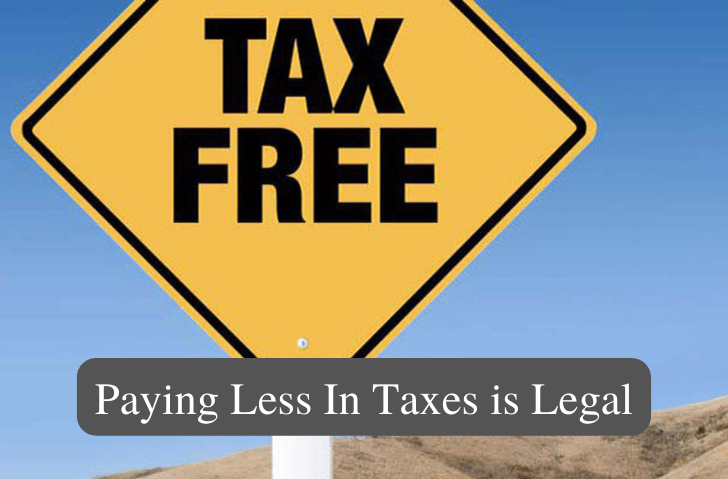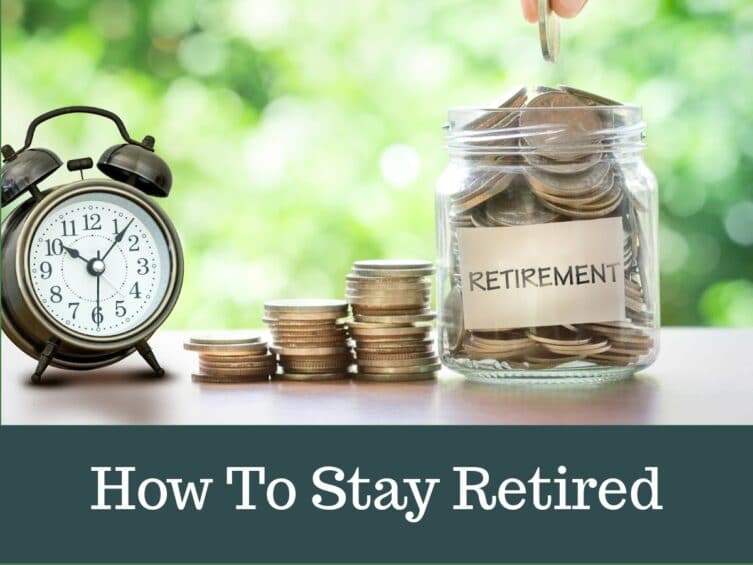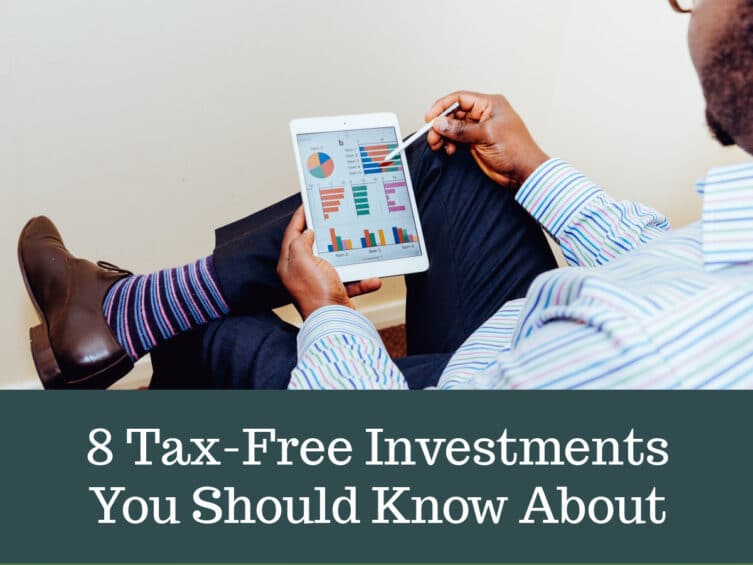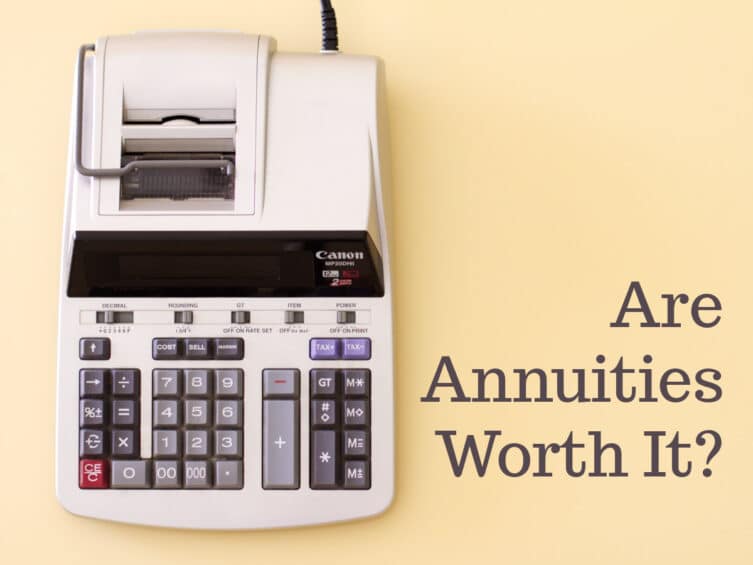There is a retirement income “rule of thumb” that states that once you retire you can basically invest in the market and pull 4% a year, adjust it for inflation every year and you will never run out of money. Read More


There is a retirement income “rule of thumb” that states that once you retire you can basically invest in the market and pull 4% a year, adjust it for inflation every year and you will never run out of money. Read More

The average American spends 35% or more of their life working to pay taxes. That means that roughly 2 hours of every workday or 3 to 4 months a year is dedicated to feeding the government. Read More

The most important objective of your retirement plan is to create reliable income for you and your spouse. For that reason, you need to tap into financial resources that will produce income, in a secure and consistent manner. Read More

We are now officially into a full-fledged recession based on the data from the last two quarters. So welcome to Recession 2022 – The New Economy.
For the last few months, we have participated in several forums and conferences speaking about recessions and its effect on markets, your finances, retirement, and the opportunities that investors may have. Read More

Life insurance is an investment…in more ways than one.
For all its benefits, only 54% of Americans have some form of life insurance, which means there’s a pretty good chance that you’re one of the millions of adults without this vital form of coverage.
Perhaps you think you can’t afford it. Or you’re overwhelmed by all the options in the marketplace. Maybe you simply don’t like thinking about your own mortality.
However, I think more people should review life insurance as part of their overall retirement and family planning. Read More

Here are some tips on how to stay retired.
If you were to ask soon-to-be-retired Americans what they plan to do during their retirement, you’d probably get a huge range of answers: see the grandkids, travel, start a new hobby.
But if you were to ask those same people how long they would like retirement to last, you would likely get the same answer over and over again: “The rest of my life, of course!”
These are the Golden Years, and you want to spend them doing the things you enjoy at your own pace. After all, no one wants to retire and travel the world for 10 years…only to have to go back to work at the ripe old age of 75.
In short, you don’t just want to be retired, you want to stay retired! Read More

“Nothing is certain except death and taxes.” Benjamin Franklin was certainly right about a lot of things over his lifetime. And it absolutely feels like taxes are unavoidable, but are they really? Well, no! There are certain investment types that are completely tax-free.
While you probably shouldn’t be too concerned with dropping the amount of taxes you pay each year down to zero, understanding how your investments can impact your taxes and using that to your advantage is a great way to maximize your money. Read More

Luckily, there are ways to maximize those benefits. Read More

Then you’ll want to do your homework to learn how to retire early without hurting your finances.
According to a study from the Employee Benefit Research Institute, nearly 50% of workers plan on retiring after the age of 65 to collect maximum social security benefits. However, only 19% end up staying that long.
Most of the time, early retirement can be attributed to unexpected events such as poor health, economic downturn, loss of employment, or family issues. However, with the right planning and budgeting, you can retire early on your own terms. Read More

Are annuities the right retirement option for you?
Are you planning for retirement?
If so, you may be thinking, “How do I convert that money I set aside during my years of work into ongoing income?” The financial industry does not suffer from a lack of choices when it comes to investments and, quite often, annuities can be an appropriate option in retirement.
Yet probably no product in existence generates so many reactions as annuities.
Before you invest in them, however, there are many different things to consider. Keep reading to learn more about what annuities are, the types of annuities, and how to determine if it’s a good investment for your future. Read More